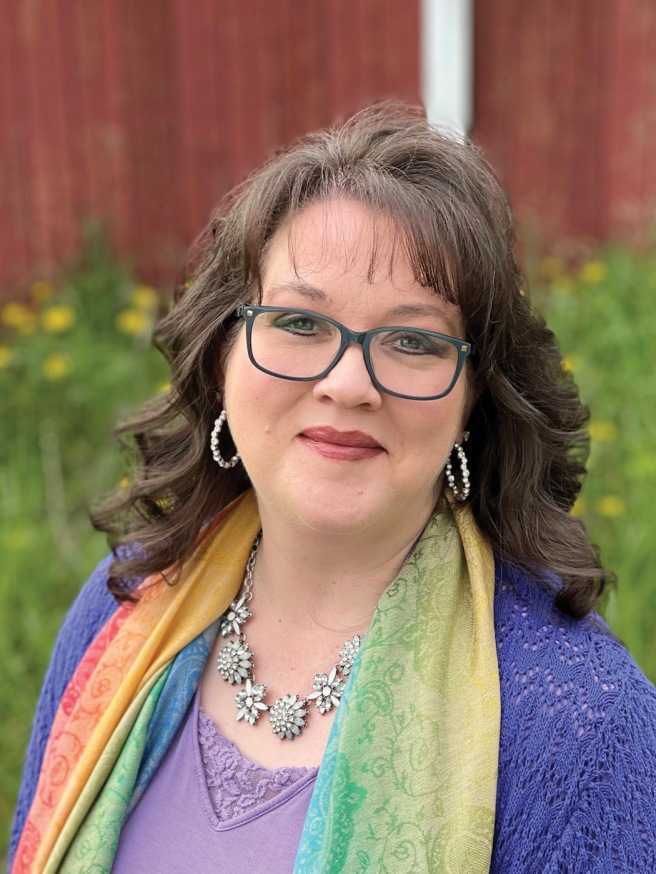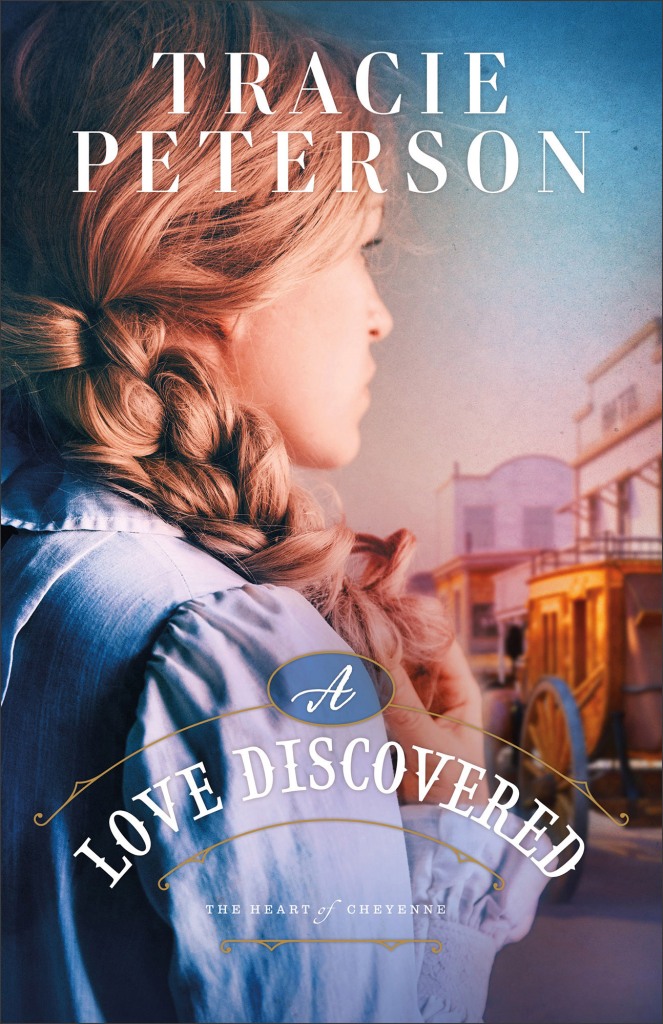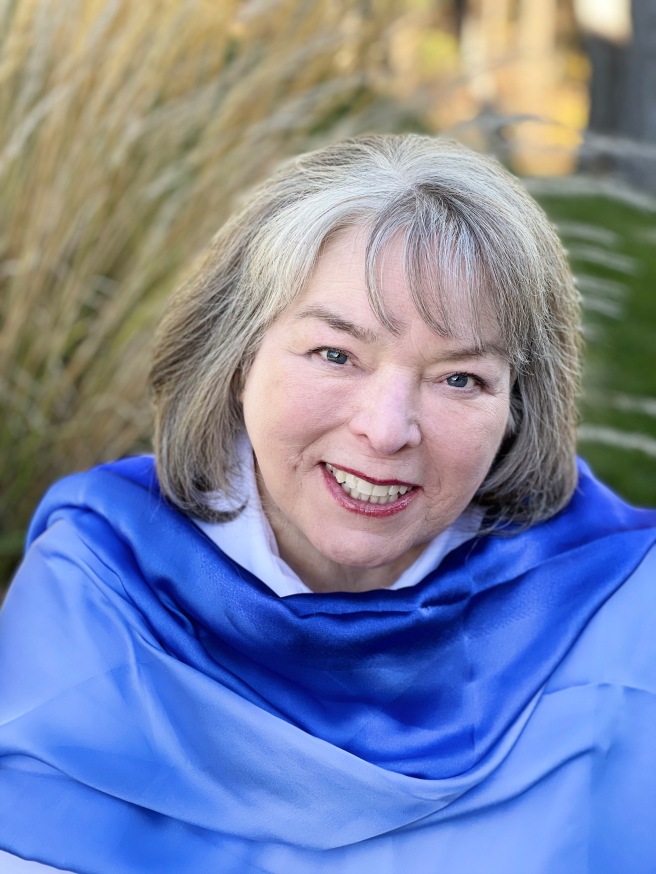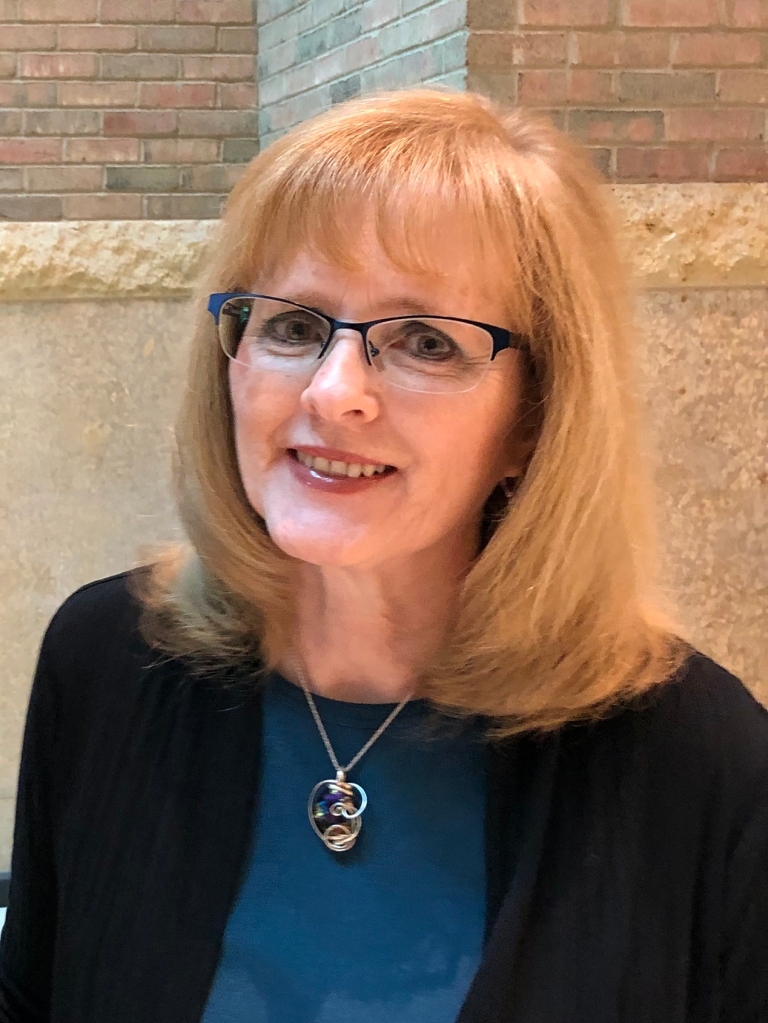
BY WAY OF INTRODUCTION, TELL US A LITTLE ABOUT YOURSELF:
My name is Tyler Dawson, but most folks call me Ty. I reside in a small town in southeastern Oregon. Town by the name of Meridian. A couple years ago, my neighbors pressed me into service to act as their Sheriff, since the man who preceded me had turned out to be a lying bag of –. My apologies. Let’s just say he was a dishonest and disagreeable man. Before they made me their sheriff, I was a rancher. And a Korean War veteran. Three generations of my family has run a cattle and horse operation out here in the wilds since the late 1800s. Seen a lot of change in those years. Some of it good. Some not so much.
What else do you want to know?
YOU’RE NOT FROM CONTEMPORARY TIMES, ARE YOU?
No, ma’am. The year I’m living in is 1976 – our nation’s Bicentennial. Like I said, I fought in Korea, returned to the States and worked in Hollywood as a wrangler for a time while I got my head back on straight after the war. Met my wife, Jesse, while I was working on the studio lot. We moved back to Oregon after we got hitched. We have a daughter, nearly grown. We call her Cricket. She’s in college now, over in Colorado.
YOUR EYES LIGHT UP WHEN YOU MENTION YOUR WIFE AND DAUGHTER.
Can we talk about something else, please?
OKAY. YOU SAY YOU LIVE IN THE 1970s. WHAT CAN YOU TELL ME ABOUT THAT?
Listen, things in Meridian, Oregon, haven’t changed much since my grandfather started this ranch. For that matter, the whole county hasn’t changed much. Not until recently.
WHAT DO YOU MEAN?
What, are you kidding? Vietnam? Watergate? Woodstock, ‘free love,’ LSD, marijuana, chaos and bloodshed at Wounded Knee, students shot by the National Guard at Kent State… Five years ago, gas was 36 cents; it’s nearly double that now. The economy is a mess, and nobody trusts anything that comes out of Washington DC, not that I blame them. Don’t get me wrong, I’m not a political man. It just breaks my heart to see what has happened.
YOU’RE A ‘LAW-AND-ORDER’ MAN, THEN?
You think there’s something wrong with that?
I CAN SEE YOU ARE A MAN WHO APPRECIATES PLAIN TALK. TELL ME WHAT YOU HAVE LEARNED ABOUT YOURSELF SINCE YOU’VE BEEN SHERIFF.
I’ve learned I don’t care to brook any bullcrap. People around here just want to live their lives. That goes for me, too. I love my wife and my family. I love my ranch and my town. Lately, we’ve had to put up with liars, thieves, murderers and interlopers of every stripe, and I’ll tell you this: If you want to get along in my town, you’d best treat the folks around here with respect, and we’ll do the same in return. You do that, we’ll get along fine; you don’t… well, that’s going to become a different kind of problem for you.
THAT SOUNDS LIKE A THREAT
I’ve never made a threat in my life. I’m merely informing you beforehand as to what’s going to happen. I believe it’s only fair that people understand in advance how things work. It’s still a free country. Nobody has to stick around here if they don’t want to.
I UNDERSTAND THERE HAVE BEEN BOOKS WRITTEN ABOUT YOU, SHERIFF DAWSON.
Yes, ma’am. Four of ’em so far: SOUTH CALIFORNIA PURPLES was the first one. Then there was FISTFUL OF RAIN, followed by RECKONING, and most recently, KNIFE RIVER.
THE BOOKS HAVE EVEN WON SOME AWARDS?
That is a fact. A number of them, actually. Turns out, we’ve got quite a few stories to tell, here in Meriwether County.
IS THERE ANYTHING ELSE YOU’D LIKE PEOPLE TO KNOW ABOUT YOU, SHERIFF DAWSON?
I prefer not to talk about myself all that much, if it’s all the same to you. Everything you need to know about me is written in those books I just mentioned. There’s more books coming, too, I understand. There’s no shortage of things going on around here, that’s for sure… Hear that sound? That’s a radio call coming in. Sorry, but I’ve got to go. Nice to meet you, ma’am. Drop by again anytime.

Baron Birtcher is the winner of the Silver Falchion Award (Hard Latitudes); Winner of Killer Nashville Readers Choice Award (South California Purples); and Best Book of the Year Award for Fistful Of Rain.
He has also been nominated for the Nero Award, the Lefty, the Foreword Indie, the Claymore, and the Pacific Northwest’s Spotted Owl Awards.
Baron’s writing has been hailed as “The real deal” by Publishers Weekly; “Fast Paced and Engaging” by Booklist; and “Solid, Fluent and Thrilling” by Kirkus.
Bestselling author, Don Winslow, has said, “You want to read Baron’s books, then you want to live in them.”
NYT Bestseller, Reed Farrel Coleman says: “Birtcher is part poet, part philosopher, and a consummate writer. You need to read his books.”
I invite you to join me on the ride with Sheriff Ty Dawson, and to (re)visit those heady, turbulent, beautiful and terrifying times of the 1970s; and to join me on Facebook and Instagram at:
Facebook: www.facebook.com/BaronRBirtcher
Instagram: www.instagram/BaronBirtcher_author
Books in the Ty Dawson series:
South California Purples
Fistful Of Rain
Reckoning
Knife River
>>> They can be purchased by using this link: https://linktr.ee/baronrbirtcher

















